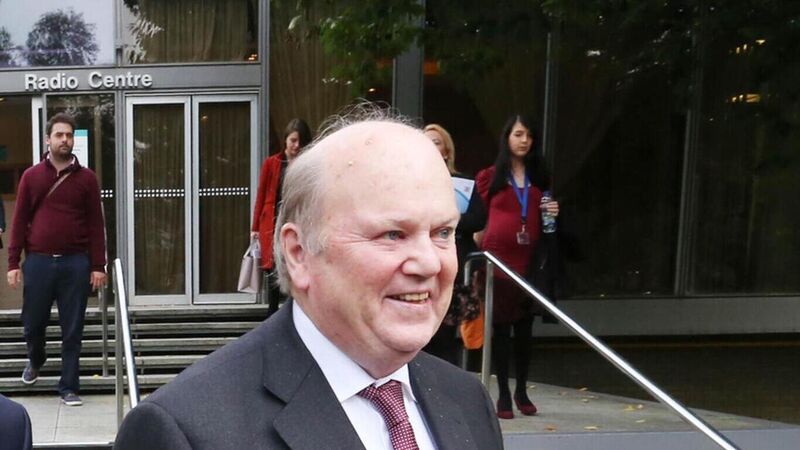Mick Clifford: State's legal team more interested in protecting the coffers than the vulnerable

There is a long record of State bodies using the legal system to ensure individual citizens are fought tooth-and-nail when it comes to asserting their rights in the wake of being wronged, such was the case with former Health Minister Michael Noonan. Picture: RollingNews.ie
The chips have yet to fall into place in the nursing home charges story that emerged last weekend, but one aspect of it appears to be uncontested.
Successive Governments, over a period of decades, defended legal actions against elderly people and their families despite being aware that the litigants were entitled to a refund.













